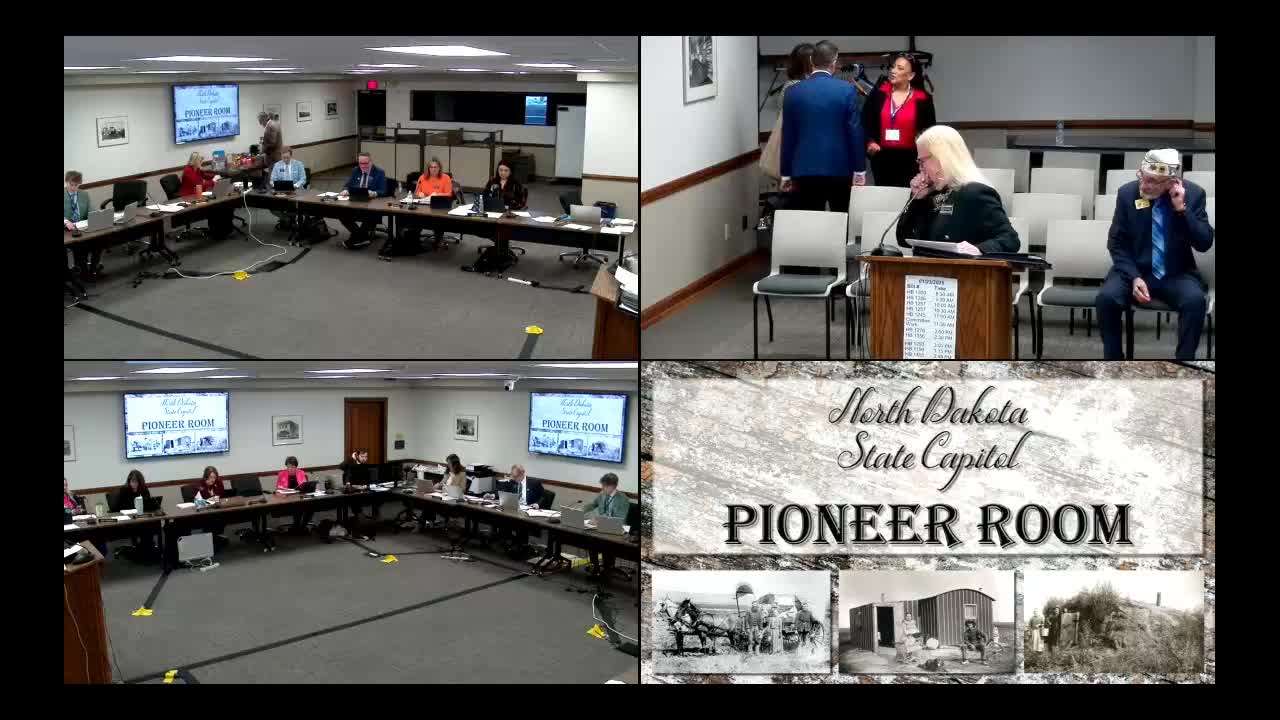Article not found
This article is no longer available. But don't worry—we've gathered other articles that discuss the same topic.
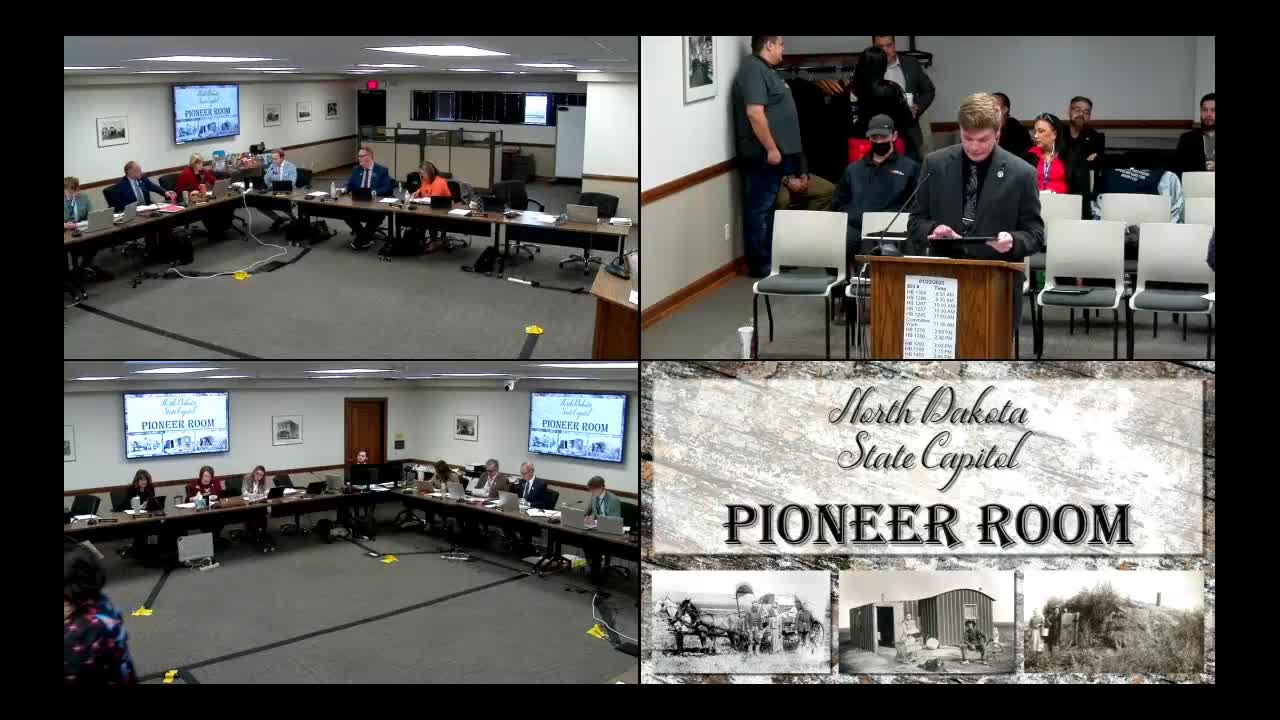
Lawmakers hear emotional testimony for missing Indigenous persons task force bill
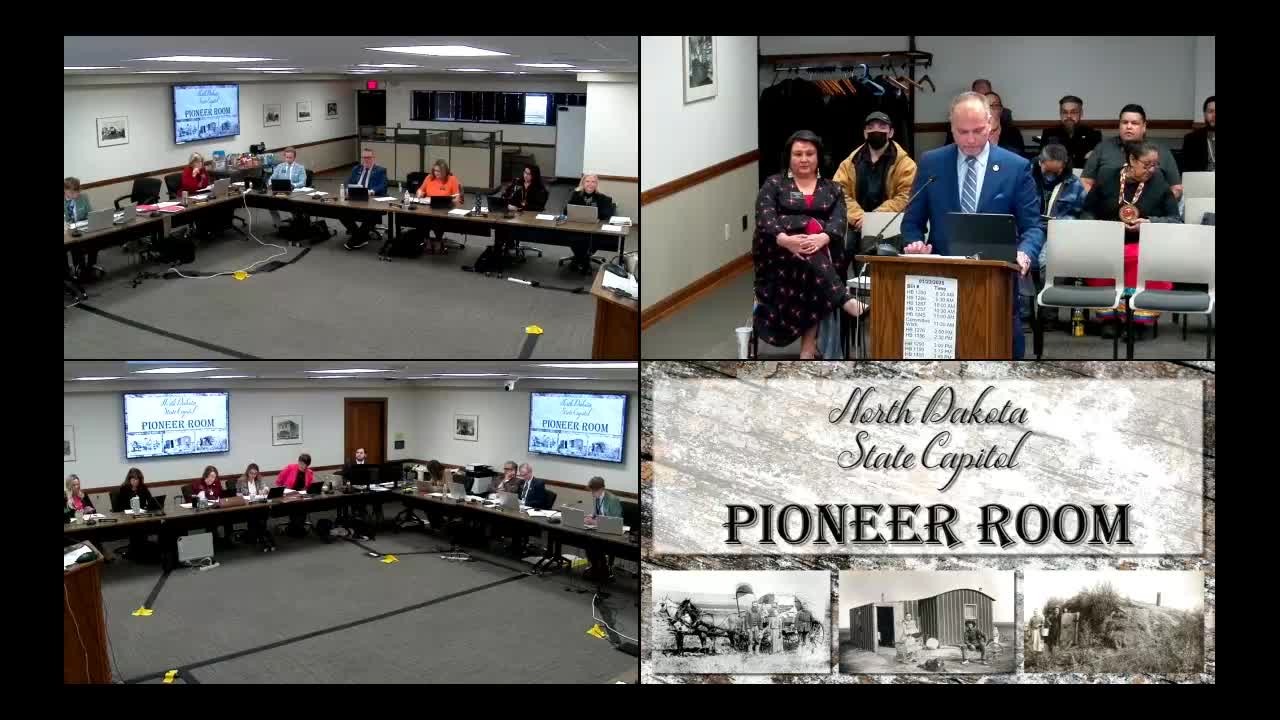
Committee backs burial medallion for National Guard and reserve members; bill cleared from committee
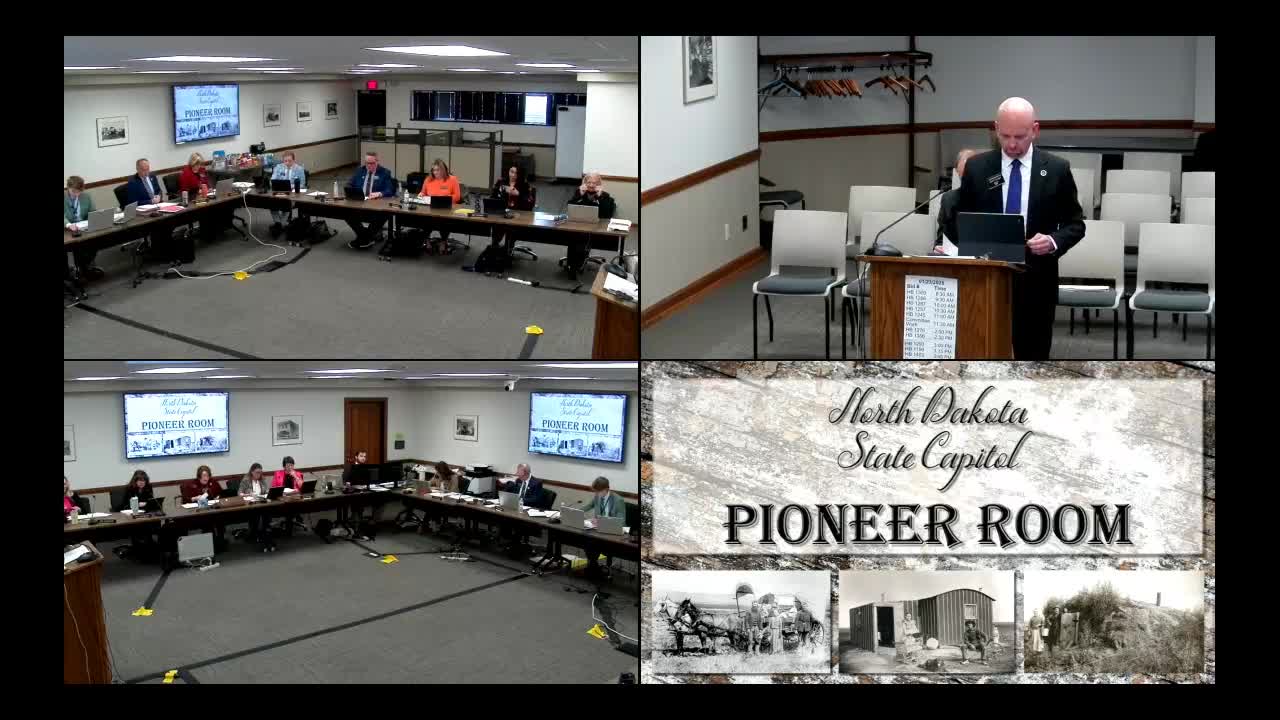
Lawmakers debate bill to allow caucus leaders access to members' bill drafts to improve session efficiency
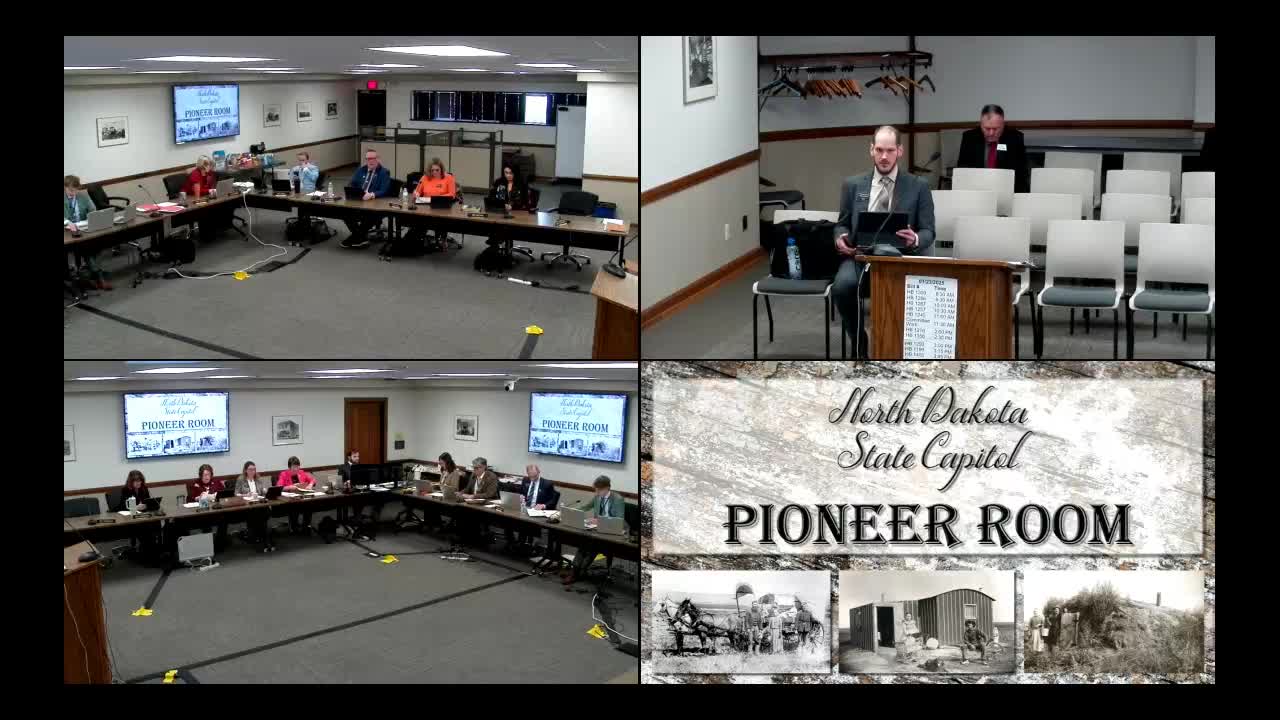
House panel hears bill to clarify use of raffle proceeds by local political committees
